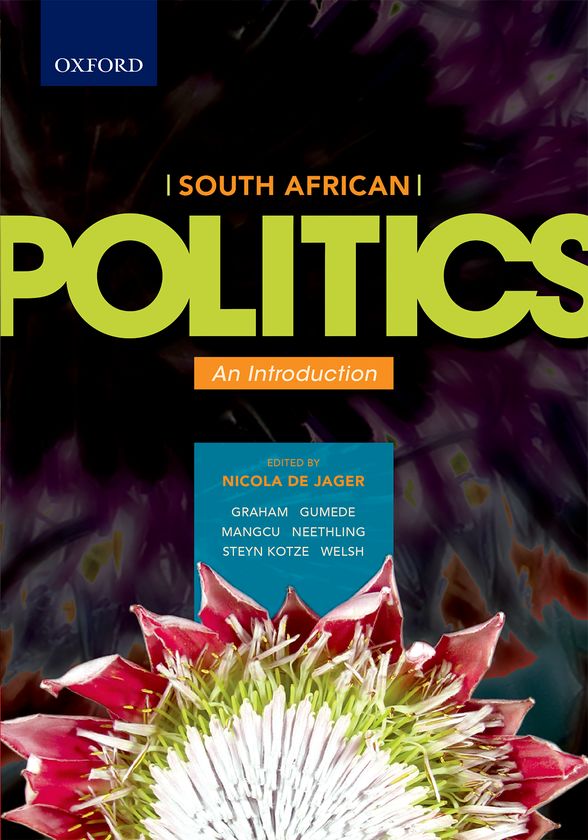The book approaches South African politics through a democratic development perspective. The question of what are South Africa's prospects for democratic consolidation forms the underlying thread throughout the book.
It is divided into five parts, namely: Legacies of the past; Negotiating South Africa's transition; Procedural democratisation; Substantive democratisation and South Africa's international relations. The book is written using accessible academic language and covers the theoretical explanations for and practical aspects of politics within the South African context.
Features
- Current examples of challenges to South Africa's democracy are highlighted, namely, a historical context of apartheid and liberation politics, socio-economic inequalities, the prevalence of service delivery protests and voter apathy. Similarly, examples of the strengths of South Africa's democracy are highlighted, its laudable Constitution, its negotiated transition and a vibrant, independent civil society
- Key concepts that offer a quick reference guide to students and support learning
- Perspective boxes that provide additional examples and information and enrich the content, Definition boxes that explain important concepts in detail and ensure students have a thorough understanding
- End-of-chapter questions which enable students to self-assess their knowledge
and understanding
- Profile boxes that highlight pivotal figures or organisations in the South African political landscape to guide students through the historical context of SA politics.
Part 1: Legacies of the past
1The theory and practice of democratic development
2Apartheid and its legacies
3Liberation history
Part 2: Negotiating South Africa's transition
4Apartheid to democracy
5Birth of a constitutional state
6Transitional justice
Part 3: Procedural democratisation in South Africa
7Political institutions
8Civil society
9Socio-economic contexts
Part 4: Substantive democratisation in South Africa
10Economic policy in post-Apartheid South Africa
11Political culture and democratic consolidation in South Africa
Part 5: South Africa in the world
12South Africa in a complex regional continental and global order
13
Conclusion
Students studying South African politics as part of a BA or BCom degree at a university or private institution or anyone with an interest in South Africa's political context.
